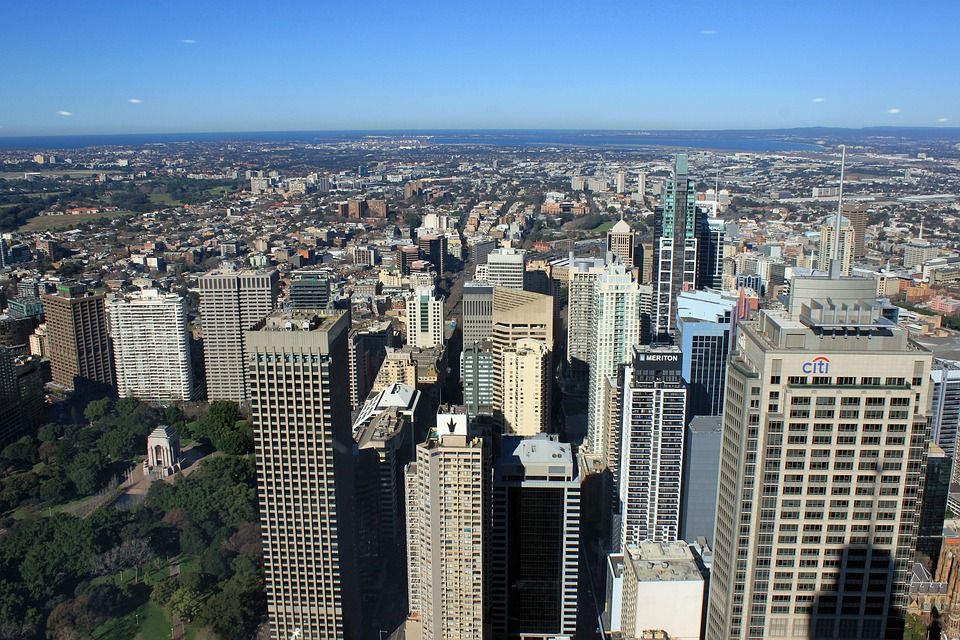Sydney implements new net zero emissions plan
The City of Sydney has accelerated its adoption of a new strategy that will help the city achieve net zero emissions by 2050

The City of Sydney has accelerated its adoption of a new strategy that will help the city achieve net zero emissions by 2050.
Following a period of consultation, the City adopted on Tuesday 28 March a net zero emissions plan which tackles waste and water usage in addition to scaling up renewable energy sources.
City officials said that the new Environmental Action Plan 2016-2021 (EAP) will help Sydney achieve carbon neutrality and ensure that 50 per cent of the city’s energy comes from renewables by 2050.
The plan underwent public consultation in June last year and was adopted by the City of Sydney council last Tuesday.
The council governs a 25-square kilometre area of downtown Sydney, including its central business district and inner city suburbs.
Under the EAP the city will invest A$10 million (US$7.5 million) to accelerate the uptake of renewables, introduce a new water recycling project, and launch an initiative to encourage businesses to support Sydney’s first net-zero emissions building.
The City of Sydney aims to reduce carbon emissions by 70 per cent – compared to present levels – by 2030.
Clover Moore, Lord Mayor of the City of Sydney, said in a statement that the latest research on climate change “paints a grim picture if we don’t act now, so we’ve responded with the strongest possible plan to urgently reduce emissions.”
The EAP seeks to tackle the Sydney’s key emission sources, namely office and residential buildings, and the city’s power supply.
The building sector produces roughly 80 per cent of the area’s emissions – the council plans to continue with energy efficiency retrofits in existing, resource-intensive buildings, install more solar panels on buildings, and scale up the use of clean energy to combat emissions.
Other plans include the installation of smart metres in buildings and parks and increased use of rainwater, storm water and recycled wastewater.
The news follows a growing number of studies that point to renewables as the most affordable and secure, in addition to environmentally-friendly, options for energy in Australia.
Never miss an update by signing up to our free newsletter here.



